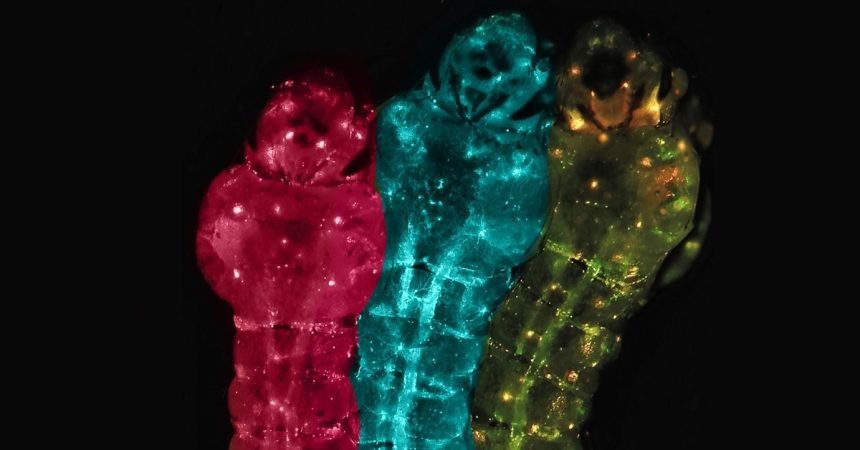Professor Ethan Bier. Credit: Leslie Ariel
By switching just one amino acid (L224) within a protein known as FREP1 with a naturally occurring genetic alternate, or allele (Q224), the parasites are no longer able to spread from one individual to another. With the new funding, Bier and his colleagues will transfer the technology from Asian to African mosquitoes.
“We plan to adapt the highly efficient FREP1 allelic-drive replacement strategy from the Asian mosquito (Anopheles stephensi) to the African vectors (Anopheles gambiae/coluzzii) and to develop drive-mitigating genetic systems to delete or inactivate a gene drive should that be necessary,” said Bier.
Similar to a gene-drive, the researchers are also designing a version of the drive technology in which the transgenic element is designed to eventually disappear from the population, leaving only the beneficial allelic variant (one that does not support malaria transmission) in the environment.
Competing interest disclosure: Bier has equity interest in two companies he co-founded: Agragene Inc. and Synbal Inc., which may potentially benefit from the research results.











